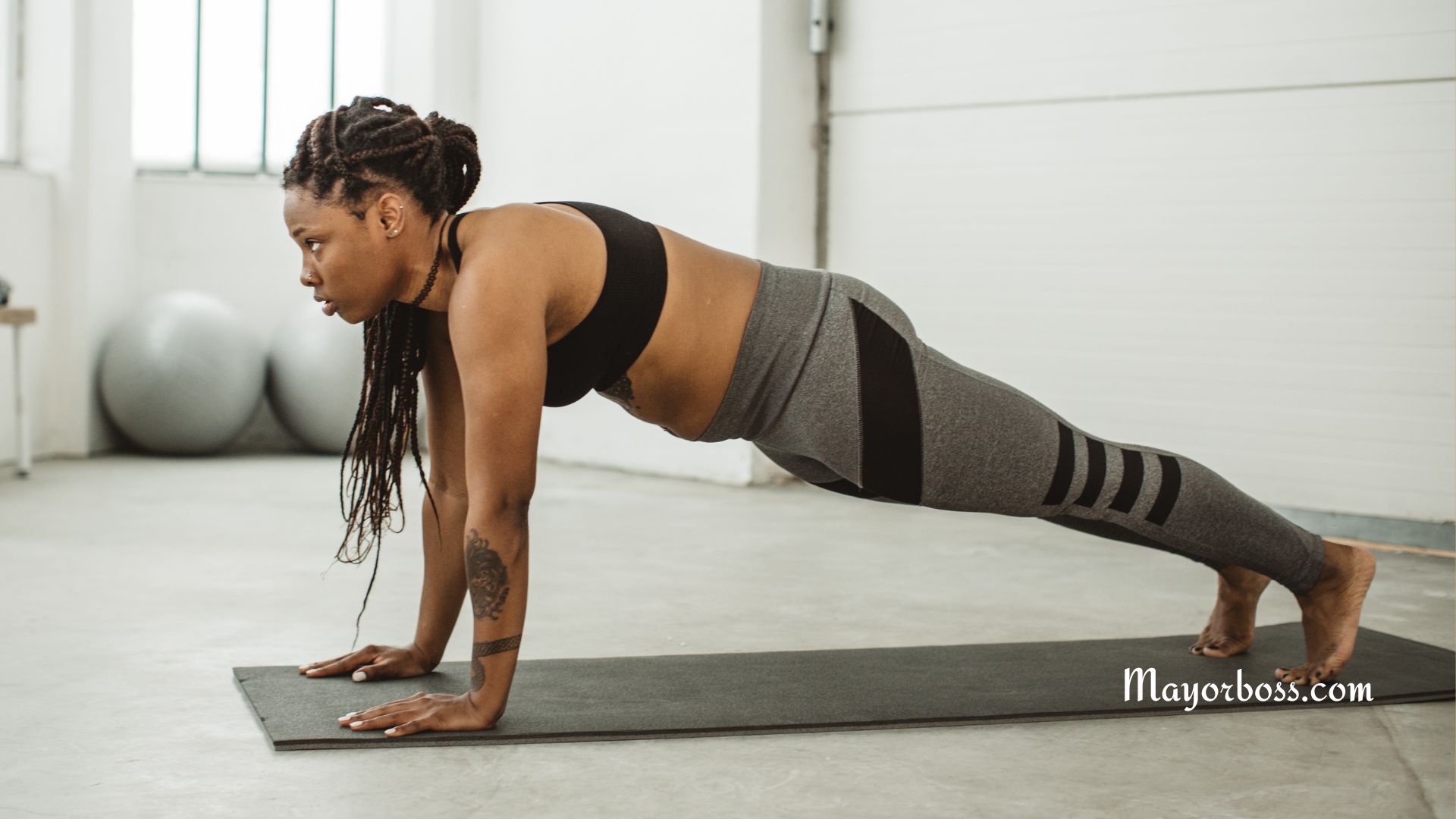15 Things That Can Get You Sick
In our daily lives, we interact with a multitude of objects and environments. Some of these interactions can expose us to germs and make us prone to illnesses. From your smartphone to your toothbrush, this article uncovers 15 things that might be making you sick.
1. Dirty Bed Sheets
While we often focus on washing our clothes regularly, bed sheets can sometimes be overlooked. But they harbor a variety of germs, dust mites, and dead skin cells. Ideally, you should change and wash your bed sheets at least once a week to keep your sleeping environment clean and prevent potential skin infections and allergies.
2. Toothbrushes
You might not realize it, but toothbrushes can be a typical breeding ground for bacteria, especially if they are not stored properly. Try to rinse your toothbrush thoroughly after use and allow it to dry in an upright position to limit the growth of microorganisms. Also, remember to replace it every three to four months or sooner if the bristles become frayed.
3. Smartphones
Our smartphones are constantly in our hands, and they often come in contact with various surfaces. As a result, they can become contaminated with harmful bacteria and viruses. According to a study published by the University of Arizona, smartphones can carry ten times more bacteria than most toilet seats. To reduce the risk, clean your phone regularly with a suitable disinfectant.
4. Kitchen Sponges
Kitchen sponges are commonly used to clean dishes and wipe down surfaces. However, they can also harbor a host of bacteria, including E. coli and Salmonella, which can cause foodborne illnesses. To prevent this, replace your sponge regularly and try to sanitize it by microwaving it for a couple of minutes each day.
5. Shopping Cart Handles
Next time you’re at the grocery store, think about how many hands have touched the shopping cart before you. These handles can be hotspots for germs. Some grocery stores provide sanitizing wipes for cart handles, so it’s a good practice to use them.
6. Public Restrooms
Public restrooms, particularly door handles and faucet knobs, are typically rife with germs. So, always wash your hands thoroughly after using a public restroom. If possible, use a paper towel to open the door when exiting to avoid direct contact with the handle.
7. Air Conditioner Filters
Air conditioner filters trap a variety of particles, including dust, pollen, and mold spores. If these filters are not cleaned or replaced regularly, these particles can be released into the air and potentially cause respiratory issues. Experts recommend replacing or cleaning air conditioner filters every one to three months.
8. Handrails and Doorknobs
Handrails and doorknobs are touched by many people throughout the day, making them a common source of germ transmission. That’s why it’s crucial to wash your hands regularly and avoid touching your face.
9. Computer Keyboards
Much like your smartphone, your computer keyboard can also be a breeding ground for germs, especially if you eat while using it. Regular cleaning of your keyboard can reduce the risk of sickness.
10. Gym Equipment
Gym equipment is often used by multiple people without being sanitized in between, making it a common source of bacteria and viruses. Always wipe down equipment before and after use, and wash your hands thoroughly after your workout.
11. Pet Toys
While we love our pets, their toys can be a source of germs and parasites that could make us sick. Clean pet toys regularly and wash your hands after playing with your pets.
12. Makeup Brushes
Without regular cleaning, makeup brushes can accumulate bacteria, dust, and old makeup, potentially leading to skin irritations and acne. Clean your brushes at least once a week to keep them free from harmful bacteria.
13. Money
It’s a well-known fact that money changes hands frequently and, in the process, picks up a variety of germs. According to a study published in Scientific American, money can harbor hundreds of species of microorganisms. While it’s not practical to stop using cash, it’s advisable to wash your hands after handling it, especially before eating or touching your face.
14. Reusable Shopping Bags
While reusable shopping bags are great for the environment, they can become contaminated with germs from food and various surfaces they come in contact with. Ideally, you should wash your reusable bags regularly, especially after carrying fresh produce, meats, or dairy products.
15. Carpets and Rugs
Carpets and rugs can trap dust, pet dander, mold spores, and other allergens. If not cleaned regularly, they can contribute to allergies and respiratory problems. Vacuum your carpets and rugs at least once a week, and consider getting them professionally cleaned every 12 to 18 months.
By being aware of these common germ hotspots and practicing good hygiene, you can significantly reduce your risk of falling ill. Stay vigilant and stay healthy!






